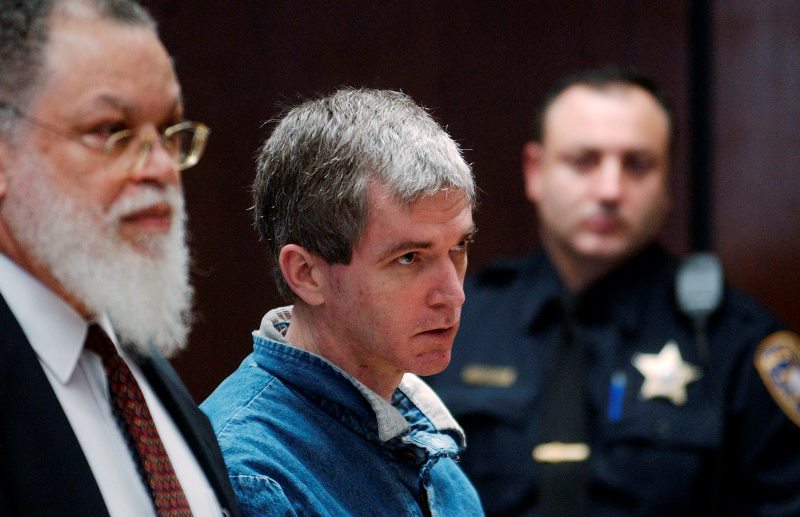The case of a former Woodstock nurse charged with first-degree murder in the deaths of eight nursing-home patients grabbed international headlines and echoes others cases involving health-care professionals accused of killing their patients that are often referred to as ‘angel of death’ cases.

While the cases are rare, they span around the world and often involve a nurse or doctor who is accused of killing several people under their care at hospital or nursing homes.
WATCH: Investigation of Woodstock nurse charged with alleged murders began after tip from hospital

On Tuesday, Elizabeth Wettlaufer, 49, a registered nurse in Woodstock, Ont., was charged with the eight murders. The deaths occurred between August 2007 and August 2014, with the age of the victims ranging from 75 to 96.
Police would not say how the victims died, except that they were administered a fatal dose of a drug. Investigators would not comment on which specific drug was used or a possible motive.

Though police have not divulged a motive, there have been several cases around the world where medical professionals have been accused of killing patients.
In Germany, a nurse only identified as Niels H., was sentenced to life in prison in June for killing two patients with intentional overdoses of heart medication. He confessed to killing at least 30 other patients. During the trial, it was revealed the nurse wanted to show off his resuscitation skills.
In the U.K., Beverly Allitt was given 13 life sentences in 1993 for murdering four children, attempting to murder another three, and causing grievous bodily harm to six more children at a hospital near England. The nurse carried out the crimes between 1991 and 1993, was diagnosed as suffering from Munchausen syndrome by proxy, a mental health problem where a caregiver makes up or causes an illness or injury in a person under their care, such as a child, an elderly adult.
READ MORE: What we know about the Woodstock nurse charged with killing 8 nursing home residents
Laura Tamblyn-Watts, a senior fellow at the Canadian Centre for Elder Law, said it was difficult to define the motivation behind so-called ‘angel of death’ or ‘angel of mercy’ cases.
“Sometimes they are under some form of delusion that they are helping or they are putting people out of their misery,” she said. “Overall we don’t know if it’s a sense of compassion, whether profoundly misguided, or whether it is just pure predation.”
“In these ‘angel of death’ cases they are really serial killers,” she said.
Tamblyn-Watts said while the details surrounding the Woodstock case are unclear it has definitely happened in other places around the world.
“Certainly it is not an unknown circumstance in long-term care and has happened in other jurisdictions quite terribly,” she said.
READ MORE: Woodstock nurse charged with murder of 8 elderly patients renews focus on violence against seniors
Other infamous cases include Charles Cullen who was given six life sentences in 2006 after he admitted to poisoning at least 40 people in New Jersey and Pennsylvania over a 16-year period.
Kristen Gilbert, a former nurse, was given a life sentence in 2001 after she killed four of her patients by injecting them with a heart stimulant at Veterans Affairs Medical Center (VAMC) in Massachusetts. During her trial, a psychiatrist who served as chief of staff at VAMC theorized that Gilbert created emergency medical situations to display her proficiency as a nurse.
A 2006 study in the Journal of Forensic Sciences, published in the wake of the Charles Cullen case, found a “poorly understood but increasingly identified phenomenon.”
The study looked at 90 criminal prosecutions of health-care professionals between 1970 and 2006 that fit the criteria for serial murder. The researchers found the accused killers in 86 per cent of the cases were nurses, while doctors and other hospital staff made up the remaining 14 per cent of accused.
- Budget 2024 failed to spark ‘political reboot’ for Liberals, polling suggests
- Train goes up in flames while rolling through London, Ont. Here’s what we know
- Peel police chief met Sri Lankan officer a court says ‘participated’ in torture
- Wrong remains sent to ‘exhausted’ Canadian family after death on Cuba vacation





Comments